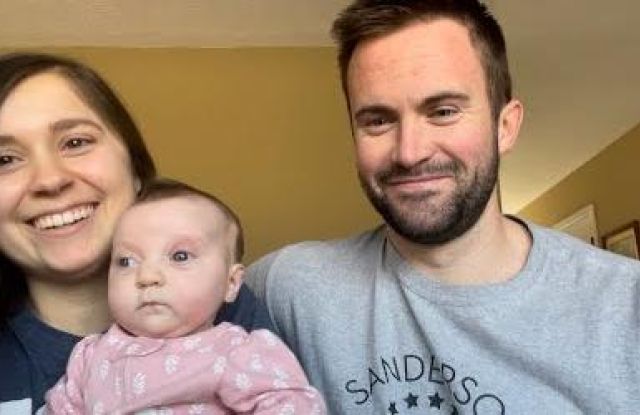Being passionate versus being driven

My friend Mark Ostreicher, President of Youth Specialties, is writing a book called Youth Ministry 3.0 (his working title) and has some great insights on youth ministry and slowing down. Here’s what he says (an excerpt from Chapter 6 of the book):

I’m a big fan of passion – both the concept and the experience. I’ve probably chosen passion as a speaking theme to both teenagers and adults more than any other subject over the last ten years. I believe that Jesus’ promise in John 10:10 – “I have come to give you life, and life to the fullest.” – is one of the most inspiring and wonderful verses in all of Scripture.
But I have come to believe there is a difference between passion and being driven. Passion calls to us; being driven coerces us. Passion seduces us; being driven guilts us. Passion is invitational; being driven is prescriptive. Passion is inquisitive; being driven is punitive. Passion is full of emotion; being driven is cold and calculating.
Teenagers desperately want to experience passion. But they are sure not interested in being driven!
And youth workers who embrace a Youth Ministry 3.0 mindset and approach will stop being driven by job descriptions, measurements, buildings, time demands, and Messiah complexes. Instead, we will slow down enough, de-construct enough to be fully present.
First, present to Jesus Christ active in our own lives. The nourishment of your own soul must become priority #1 for youth workers in this new epoch. We simply must stop giving lip service to this while imitating the cartoon Road Runner (beep-beep!).
How this personal soul refreshment work out for each youth worker is, of course, contextual. I have found, for my temperament and tastes, that a quarterly three-day silent retreat does more for me than a half-day of down time once a week. I am ruthless about protecting this practice in my life. I find a place where I can prepare my own food (usually someone’s cabin, or something like that) so I don’t even have to make small talk with someone. I turn my cell phone off, leave my computer at home, and completely disconnect for three days. I bring a stack of books, I sleep, I pray, I meditate, and occasionally journal.
Sometimes God meets me in profound ways or reveals new insights into myself, my relationships, or God’s character. But often, it’s just the discipline of slowing down and shutting up that brings the detox and realignment I need.
But we need to be present to more than ourselves. We need to adopt a constant mindset and discipline of presence: to our primary relationships, to the teenagers in our midst, to the beauty of creation, to God’s presence all around us.
Without presence, we can be ignorant to the needs of teenagers. Without presence, we can ram our ideas and assumptions onto them, rather than waiting and listening for their ideas and assumptions. Without presence, we can totally and completely experience a drive by relationship with God.
Be present to your calling; present to Christ in you; present to teenagers and Christ in them.
Read more of Mark’s thoughts on God, life, and youth ministry at ysmarko.com.
Comment
Leave a Reply Cancel reply
More Posts
![]()


Consciousness is a symptom of the soul. The soul cannot feed on material or things that satisfy our outwardly senses. Vedic spirituality (misnomer called “Hinduism”) calls this “Bhakti” (=:Sanskrit).
When you elevate your consciouness, Jesus reveals himself and you become blissful. I’m sure you’ll agree.
I know because I’ve HAD two blissful visions of Yeshuah(Greek: Jesus).